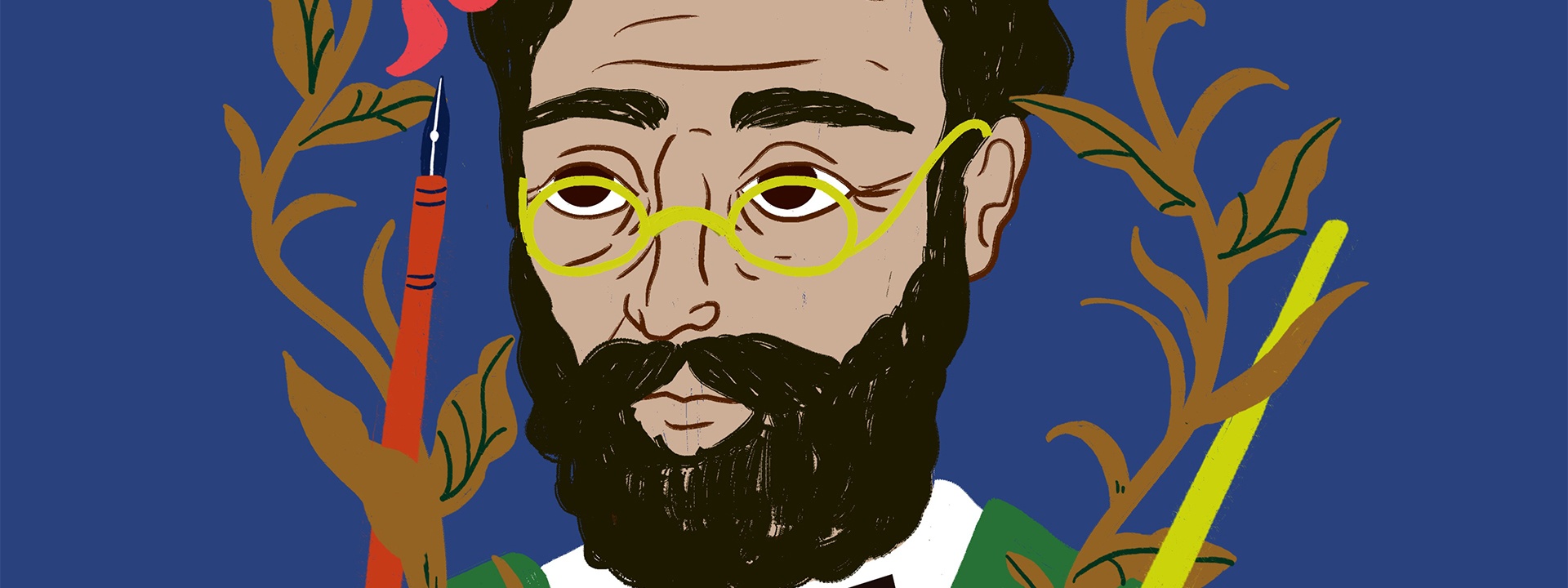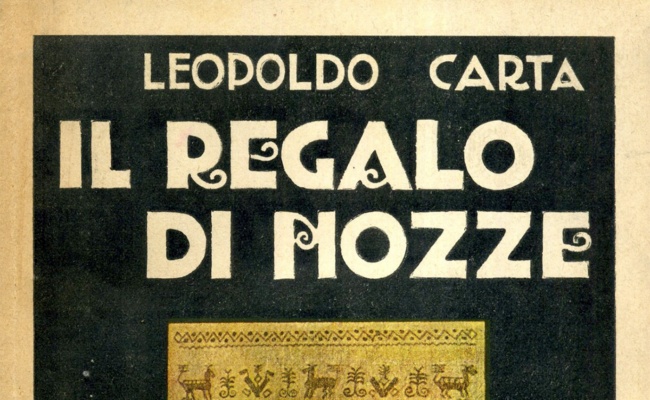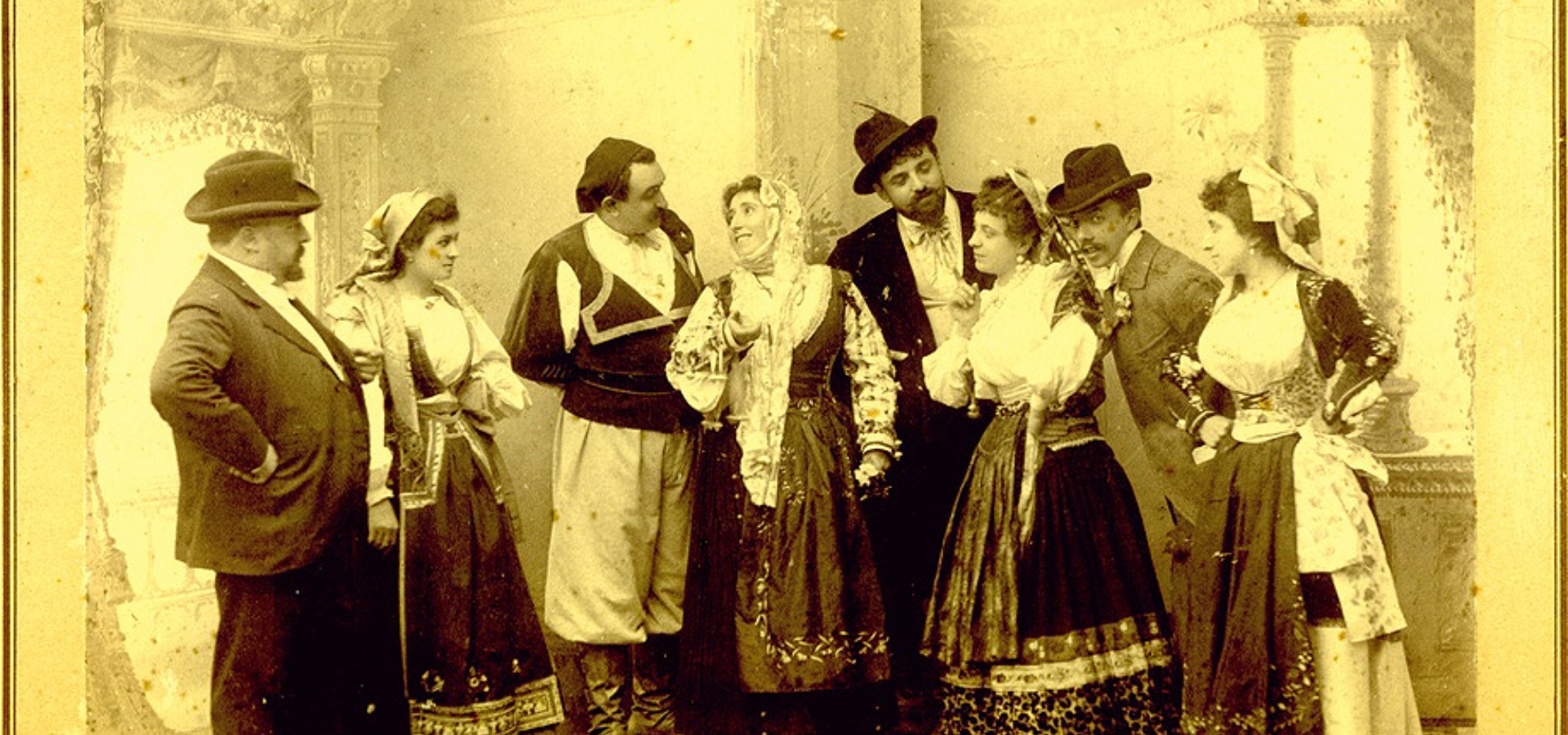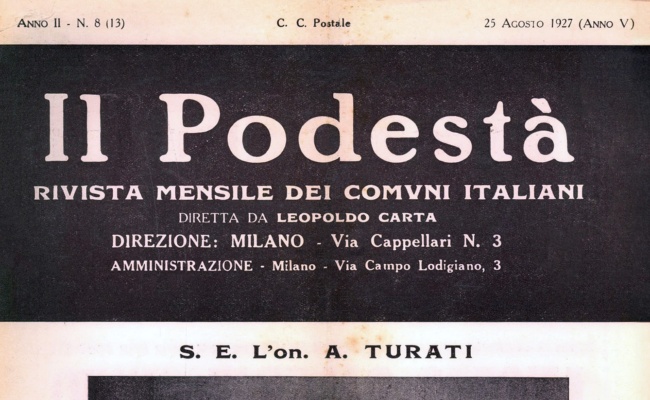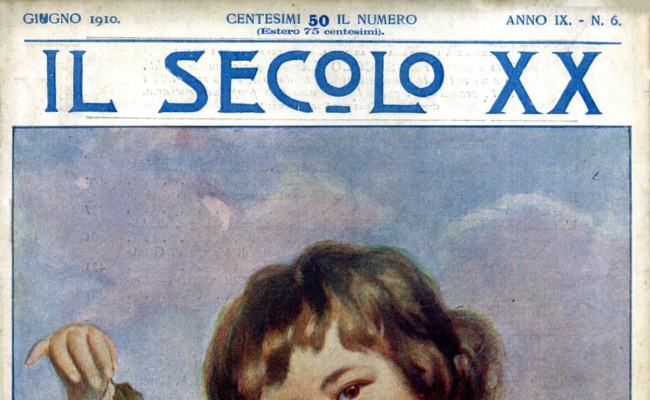Leopoldo Carta (b. Nuoro, 1878–d. Nuoro, 1932) was a Sardinian writer, journalist and intellectual.
Leopoldo Carta
Description
Although he had technical training and a degree in Economics, he was profoundly interested in the arts and journalistic and creative writing.
Besides his activity as a novelist, he wrote short prose pieces set in Sardinia that were collected into the volume Il regalo di nozze, published in 1922.
Carta also wrote plays and opera librettos.
Besides a few one-act plays, he wrote the libretto for the lyric tragedy Ghismonda, performed for the first time in Rome in 1917, twenty years after the debut of Rossella, the first Sardinian melodrama based on the novel Don Zua by Antonio Ballero (1894), with texts by Pasquale Dessanay and music by Priamo Gallisay.
His career in journalism was just as intense, serving as the editor of the Gazzetta letteraria di Novara (1908–1910) and Il Podestà, as well as a contributor to La Piemontese, La Nuova Sardegna, L'Unione Sarda, Il Popolo d'Italia, Il Marzocco and Il Gazzettino Sardo.
Like Grazie Deledda before him, Carta described the city of Nuoro in a national magazine, in his case Il Secolo XX. His article, titled ‘L'Atene della Sardegna’ (The Athens of Sardinia) and published in June 1910, offered a picturesque vision of the city, depicting it is a charming provincial village inhabited by both simple farmers and a formidable intellectual elite.
Carta was attempting to challenge the image of Nuoro as a town rife with crime and banditry, presenting it instead as a ‘privileged land of fervid minds’.
 Nuorese Cultural District
Nuorese Cultural District